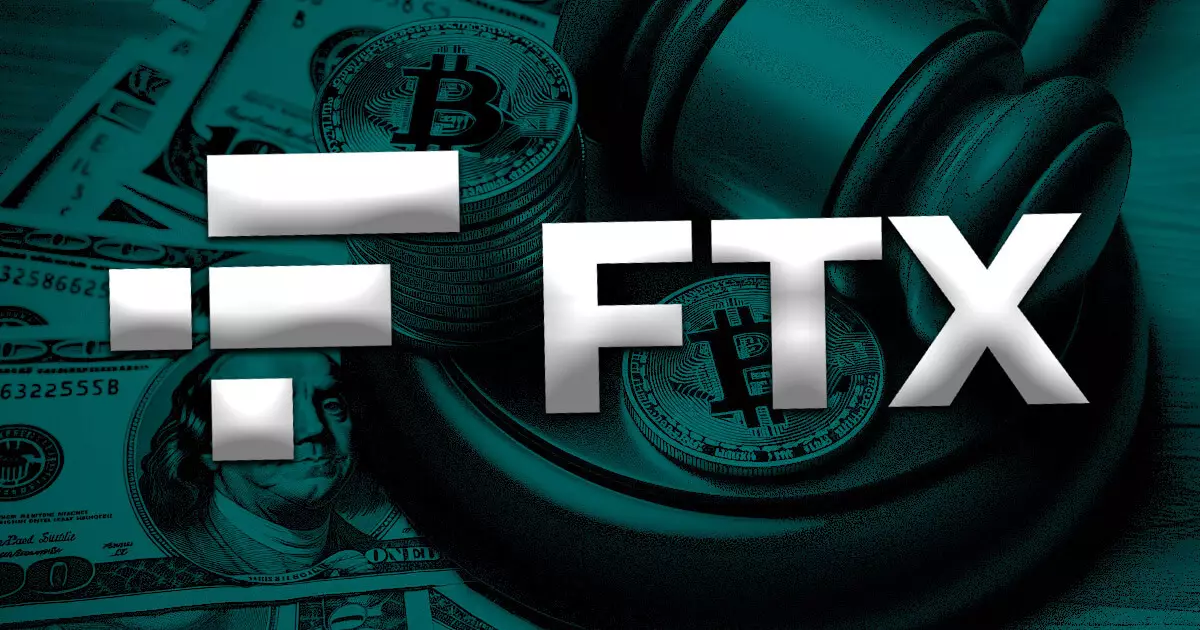FTX, a defunct cryptocurrency exchange, recently filed an amended Chapter 11 reorganization plan that spells potential disaster for its creditors. The plan, unveiled on December 16th, proposes to evaluate the claims of the creditors using cryptocurrency prices from November 11, 2022. Unfortunately, this date coincides with a period of steep decline in the crypto market, resulting in significantly lower prices compared to the current market rates. Consequently, FTX creditors are now facing substantial losses, with millions of dollars at stake.
Prior to FTX’s collapse, the crypto market experienced a downward spiral that triggered a bear market lasting well into 2023. This downturn had severe consequences for creditors, as the value of major cryptocurrencies plummeted. For example, on November 11, 2022, Bitcoin (BTC) was priced slightly above $17,500. However, at the time of writing, the price had more than doubled to $41,649.57. This significant difference means that FTX creditors stand to lose over $24,000 per BTC, highlighting the magnitude of their potential losses. A similar pattern is observed with Ethereum (ETH), which rose from approximately $1,284 on November 11 to $2,214 at the time of writing. FTX creditors holding ETH will suffer losses of nearly $1,000 per token.
One disgruntled creditor, Sunil Kavuri, took to the X platform to express their frustration with the new reorganization plan. Kavuri noted that the proposed plan fails to consider FTX’s Terms of Service, which clearly state that digital assets belong to the users and not to FTX Trading. This oversight further exacerbates the predicament faced by creditors, who are already grappling with significant losses.
Before the reorganization plan is finalized, specific classes of creditors will have the opportunity to vote on it. This voting process will enable these affected individuals to voice their opinions and potentially influence the outcome. However, it remains to be seen whether the plan will be modified to better address the concerns of FTX creditors and mitigate their losses.
FTX’s bankruptcy filing has undoubtedly left a lasting impact on its creditors. The potential losses stemming from the valuation of claims based on November 11, 2022, cryptocurrency prices are substantial. The failure to account for the dramatic price increases of Bitcoin and Ethereum during the past year places creditors in an unfavorable position. Furthermore, the disregard for FTX’s own Terms of Service concerning the ownership of digital assets only compounds the sense of injustice felt by creditors.
The FTX case serves as a harsh reminder of the potential dangers faced by participants in the cryptocurrency industry. Exchanges can fail, and the consequences can be devastating for those caught in the crossfire. This cautionary tale emphasizes the importance of conducting thorough due diligence and understanding the risks associated with entrusting assets to centralized cryptocurrency platforms.
FTX’s amended Chapter 11 reorganization plan has dealt a significant blow to its creditors. The valuation of claims based on November 11, 2022, cryptocurrency prices overlooks the subsequent price surges, leading to substantial losses for creditors. The disregard for FTX’s own Terms of Service further compounds the frustration and sense of injustice experienced by these individuals. The upcoming voting process offers a slim glimmer of hope for FTX creditors to potentially influence the outcome of the plan. Overall, this situation serves as a stark reminder of the risks inherent in the cryptocurrency industry and the need for vigilance when navigating its complexities.

